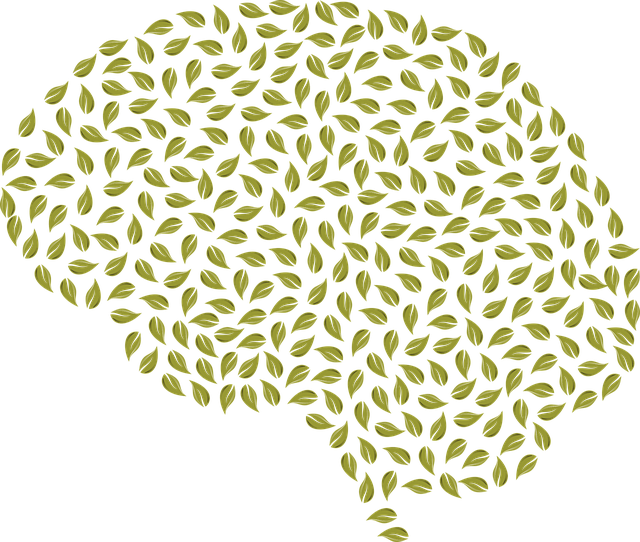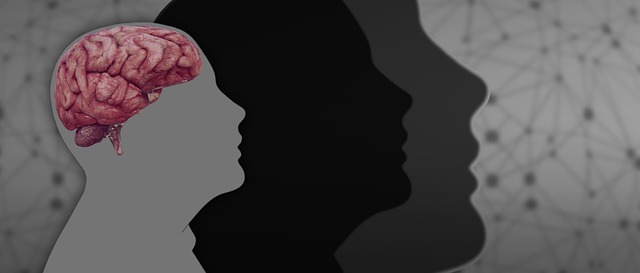Emotion regulation is a vital skill for adolescent teens, especially those dealing with complex emotions from loss or trauma. Grief counseling offers specialized therapy, helping teens develop personalized coping skills and self-care routines through guided discussions and reflective exercises. Incorporating mental wellness practices like journaling enhances emotional intelligence and resilience. A supportive environment, compassion cultivation, and community outreach programs further aid in navigating emotions effectively. Teaching these skills early can prevent and manage mental health issues, fostering better relationships and academic performance for teens.
Emotion regulation techniques teaching is a vital component in therapy for adolescent teens, especially when integrated with grief counseling. This comprehensive guide explores various strategies to empower teens in managing their emotions effectively. From understanding emotional responses to implementing practical coping mechanisms, each section delves into essential aspects of supportive learning environments. By mastering these skills, adolescents can experience long-term benefits, fostering resilience and enhancing overall well-being. Discover the power of grief counseling in teen therapy and its role in teaching valuable emotion regulation skills.
- Understanding Emotion Regulation for Teens
- The Role of Grief Counseling in Teen Therapy
- Techniques to Help Adolescents Manage Their Emotions
- Creating a Supportive Environment for Learning
- Long-term Benefits of Teaching Emotion Regulation Skills
Understanding Emotion Regulation for Teens

Emotion regulation is a vital skill for teens to learn and master, especially during turbulent adolescence when feelings can run high. Understanding and managing emotions effectively play a crucial role in their overall mental wellness and can significantly impact their ability to cope with challenges.
For adolescent teens grappling with complex emotions, therapy can be instrumental. Grief counseling, for instance, is a specialized form of support that helps teens navigate intense feelings associated with loss. Through professional guidance, teens learn coping skills development techniques tailored to their unique needs. This process encourages self-care routine development, enabling them to better regulate their emotions and foster mental health stability.
The Role of Grief Counseling in Teen Therapy

Grief counseling plays a pivotal role in therapeutic interventions for adolescent teens grappling with emotional challenges stemming from loss or trauma. This form of therapy provides a safe space for young individuals to process and express their feelings, fostering better understanding of their emotions and promoting healthy coping mechanisms. Through guided discussions and reflective exercises, therapists help teens develop inner strength and resilience by providing them with the tools needed to manage intense emotions effectively.
Incorporating mental wellness practices like journaling into grief counseling sessions can further enhance emotional regulation in adolescent teens. This self-reflective process allows them to externalize their thoughts and feelings, enabling them to gain insights into patterns of behavior and triggers associated with their grief. With consistent guidance and support, teens can build adaptive strategies, cultivate emotional intelligence, and ultimately, develop stronger inner strength as they navigate the complexities of growing up.
Techniques to Help Adolescents Manage Their Emotions

Helping adolescents navigate their emotions is a crucial aspect of their overall development and well-being. Many teens struggle with managing intense feelings, especially during periods of stress or trauma. Various therapeutic techniques can be employed to equip them with emotional regulation skills. One effective approach is grief counseling, which allows teens to process and express their emotions in a safe space. This therapy for adolescent teens helps them make sense of their experiences and develop healthy coping mechanisms.
The Healthcare Provider Cultural Competency Training emphasizes the importance of understanding an adolescent’s cultural background when implementing mood management strategies. Building resilience is another key component, as it empowers teens to face challenges and regulate their emotions effectively. By combining these techniques, professionals can guide adolescents towards better emotional intelligence and overall mental health.
Creating a Supportive Environment for Learning

Creating a supportive environment is paramount when teaching emotion regulation techniques to adolescent teens, especially those dealing with grief and trauma. Therapy sessions should feel safe and non-judgmental spaces where teenagers can openly express their feelings without fear of repercussions. Incorporating compassion cultivation practices into the curriculum fosters an atmosphere of understanding and empathy, encouraging students to approach their emotions with kindness and self-compassion. This is particularly beneficial for those who may be hesitant to share or struggle with intense feelings due to past experiences.
Implementing a community outreach program can further enhance this supportive environment by connecting teens with resources outside the therapy setting. By integrating emotional intelligence activities into these programs, students learn to recognize and manage their emotions while building skills to navigate social interactions. For teen grieving processes, such initiatives offer valuable support networks, ensuring they feel heard, understood, and empowered during their healing journey alongside professional grief counseling.
Long-term Benefits of Teaching Emotion Regulation Skills

Teaching emotion regulation skills offers long-lasting benefits for adolescent teens, a critical period in their development. By equipping them with effective coping mechanisms early on, these techniques can prevent and manage emotional distress and mental health issues later in life. This is particularly significant given the growing awareness of youth mental health challenges, such as those often arising from grief counseling, which have been exacerbated by recent global events and the constant digital connectivity of today’s world.
Emotion regulation skills not only enhance resilience but also foster better relationships and academic performance. In terms of public awareness campaigns development and mental health policy analysis and advocacy, understanding these long-term benefits can drive the design of comprehensive mental health education programs for adolescents. Such programs have the potential to significantly impact society by reducing the burden of mental health disorders and promoting overall well-being among young adults.
Teaching emotion regulation skills through techniques like grief counseling is a powerful tool in therapy for adolescent teens. By fostering a supportive environment, these strategies not only help teens manage their emotions in the present but also offer long-term benefits, equipping them with valuable tools to navigate life’s challenges. Integrating such practices into therapeutic settings can significantly enhance the overall well-being and resilience of young individuals.














